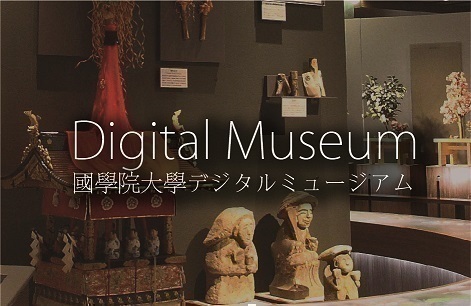- トップ
- Encyclopedia of Shinto
- Ryūjin shinkō
Encyclopedia of Shinto
| Main Menu: | |
| Links: |
詳細表示 (Complete Article)
| カテゴリー1: | 6. Belief and Practice |
|---|---|
| カテゴリー2: | Folk Religion |
| Title | Ryūjin shinkō |
| Text | Ryūjin ("dragon kami") faith is a form of religious thought and practice associated with dragons, a mythical sacred animal of ancient China. Although Japanese ryūjin worship was influenced by China, the Japanese dragon as an object of faith was a deified snake, a symbol of a water kami (suijin). Besides the term ryūjin, ryūō ("dragon king") and ryūgū ("dragon palace") are also used. The dragon kami is connected with agriculture because of its characteristic as a water kami. Prayers for rain were performed at rivers, swamps, ponds, and deep pools which were regarded as the abodes of the ryūjin. Agricultural rituals, such as prayers for rain and rope pulls, were carried out using a straw rope shaped like a serpent-like dragon. As a water kami, ryūjin is connected with raijin, the kami of thunder, who brings forth rain and lightning. It is thought that the dragon kami ascends to heaven when a tornado occurs. Further, umi no kami (kami of the sea), thought to reside on the other side of the ocean and to rule over the sea, is connected with water kami belief and is frequently used as a synonym for ryūjin. Fishermen prayed to the dragon kami for an abundant catch and calm seas. They carried out festivals for ryūjin, celebrated as the kami of the sea and the kami of the dragon palace. These festivals are referred to by such names as uramatsuri ("inlet festival"), isomatsuri ("beach festival"), and shiomatsuri ("tide festival"). From the belief that metal nullified the magical powers of a snake, there developed the idea of refraining from actions that would anger the snake. Hence, fishermen believed it was taboo to drop metal in the ocean. This was the background to the idea of the equivalence of the snake kami, the dragon kami, and the sea kami. The motif of interaction between the sea kami and humans often appears in folk tales such as Urashima Tarō and Ryūgū Dōji. The belief that wealth and treasure is brought from the other side of the ocean derives from this source. — Iwai Hiroshi |




